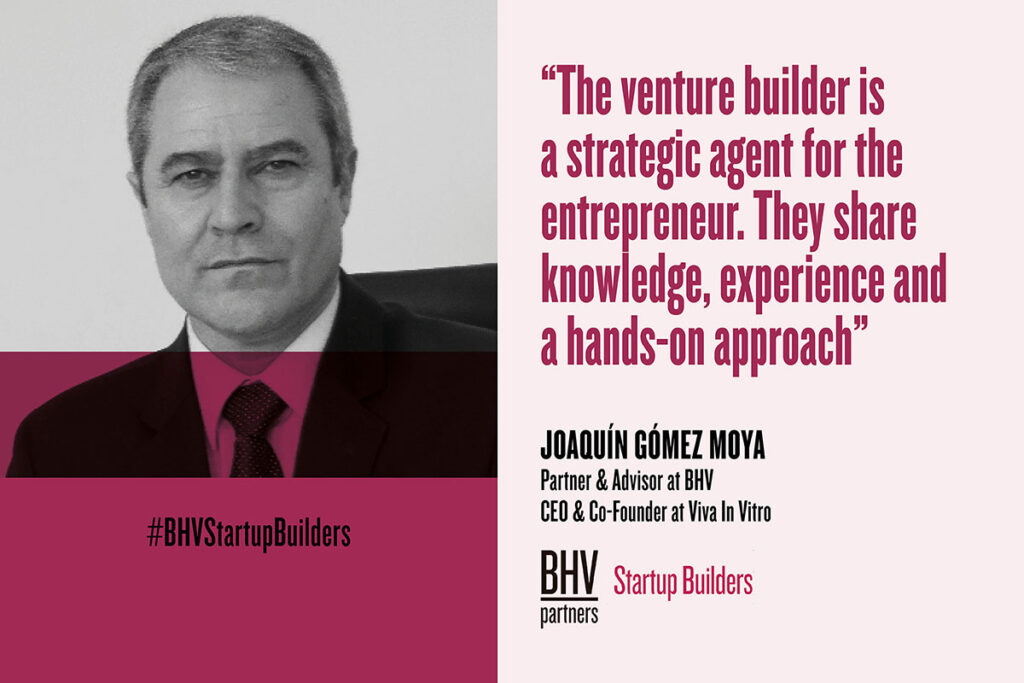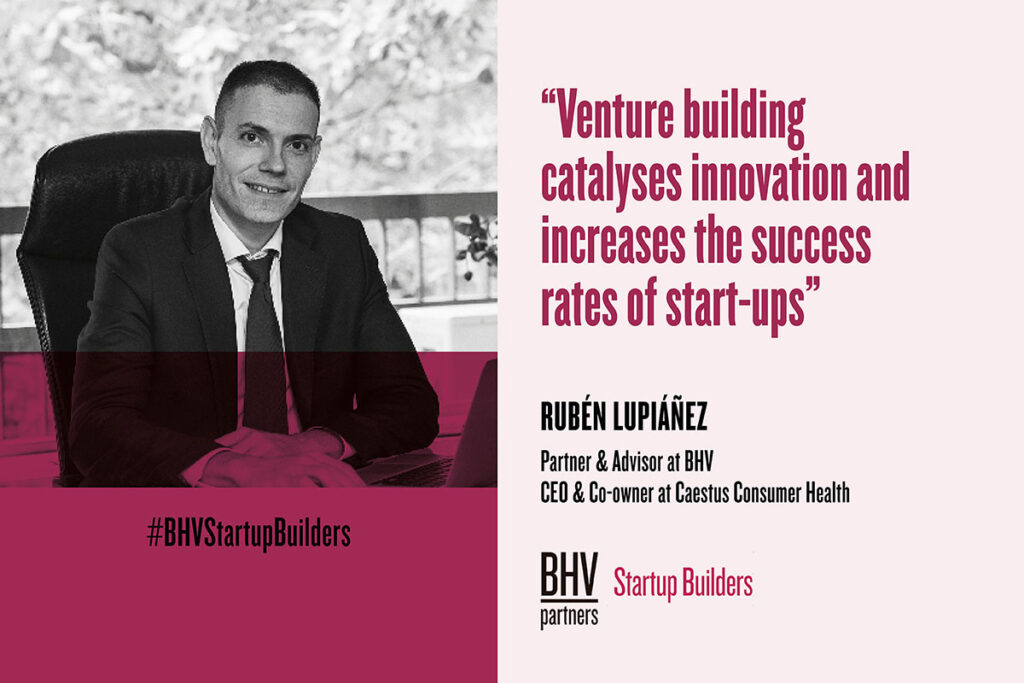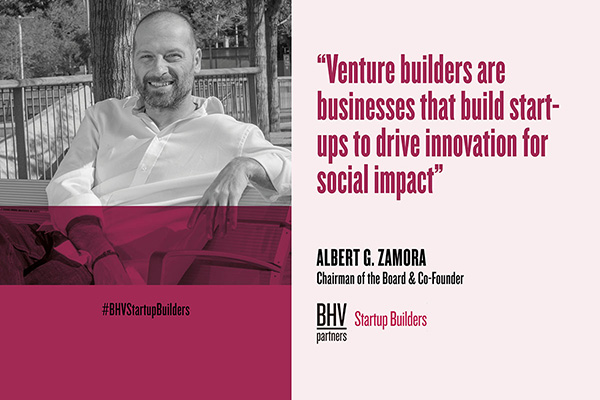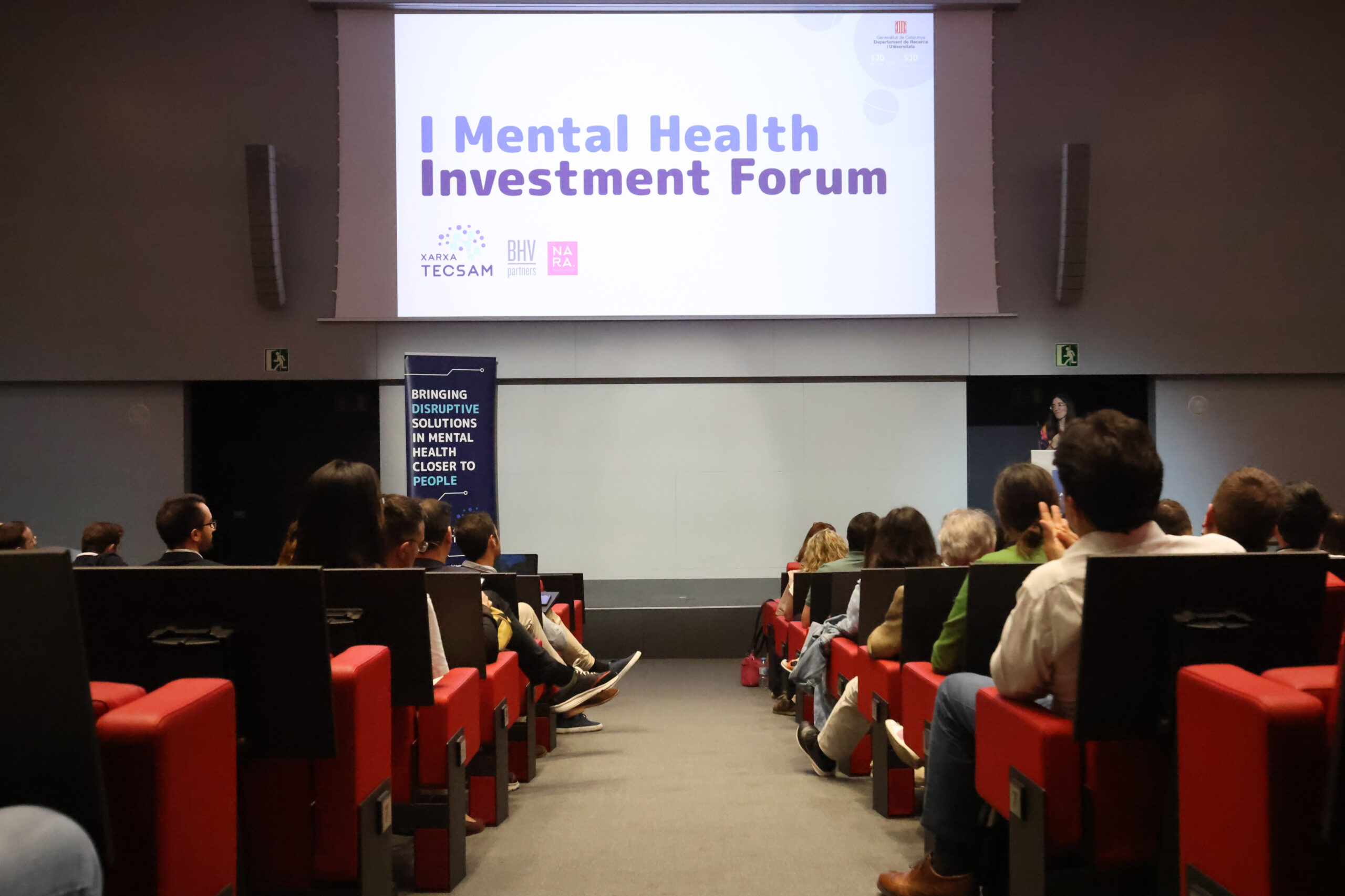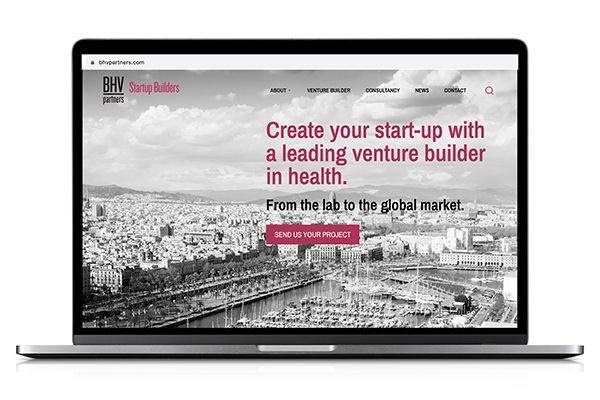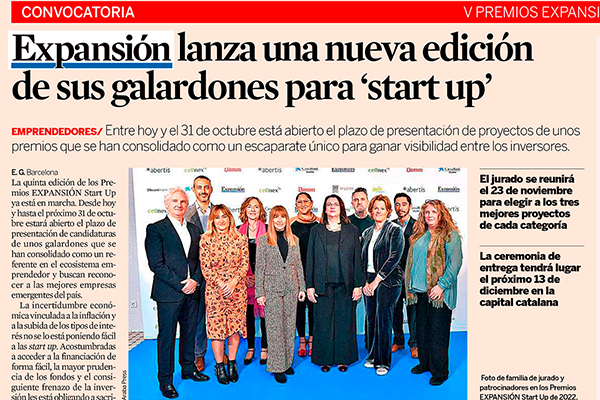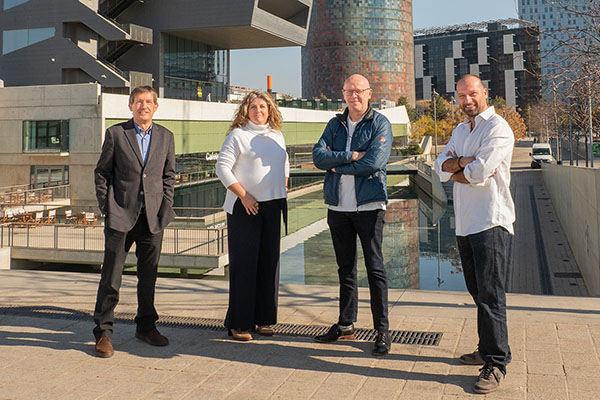What is its role in the healthcare entrepreneurial ecosystem?
Venture builder models are growing globally in strategic sectors such as healthcare, telecommunications, and fintech. However, the reality is that when the BHV Partners team talks to agents in the entrepreneurial ecosystem, some ask us what we do and what value we bring to the table compared to traditional incubators, accelerators, and venture capital.
A venture builder is a business that builds start-ups businesses to drive innovation for social impact. They are also known as start-up factories, start-up studios and tech studios. Let’s take a look at the differences:
Incubator
- Created by government agencies, universities, science and technology parks or companies.
- Pre-seed and seed phases.
- Pre-incubation consultancy (analysis of the idea and creation of the business plan), incubation (start to develop the business plan) and post-incubation (consultancy for the start-up to continue its development externally).
- Creation of the initial team.
- Pre-seed and seed financing.
- Average period: 1 to 5 years.
- Optional: free or subsidised office space.
Accelerator
- Created by government agencies, universities, science and technology parks or companies.
- Seed and growth phases.
- Intensive business consultancy and mentoring programme.
- Application process via competitive call to tender.
- Network of contacts.
- Seed financing.
- Short period: normally 3 to 6 months.
- Optional: Demo Day, Investor Day and/or free or subsidised office space.
Venture builder
- Created by serial entrepreneurs and C-Level executives. In the case of BHV Partners, they specialise in healthcare.
- Pre-seed, seed, growth, expansion and exit phases.
- Identifies business ideas, invests in the initial stage and is involved throughout the life cycle of the start-ups, both in specialised strategic advice and operational management, to make them grow and open the doors to seed, Series A and Series B investment rounds and/or the sale of the company.
- Creation of the team. The venture builder becomes part of the start-up and, on many occasions, joins the team as Interim CEO.
- Network of contacts.
- Own network of investment partners and experts. BHV Partners has more than 60 partners and senior experts.
- Majority investment.
- Long term: the main hallmark of the venture builder is to support start-ups in the long term, i.e., beyond creation and acceleration.
Who is the venture builder aimed at? Entrepreneurs, research centres and Technology Transfer Offices (TTOs), investors and corporates.
Venture builder benefits are knowledge, experience, a hands-on approach, ability and capacity to deal with obstacles, and to see and foresee opportunities so that the start-up reaches the market in the shortest possible time. The result is professionalised start-ups, with lower risk and higher value.
We have seen in recent years how the venture building model is helping to catalyse innovation and increase the success rates of start-ups (we know that 90% fail), complementing the role of incubators, accelerators and venture capital. Moderna or Tessera Therapeutics are some of the recent success stories in the healthcare sector.
Interesting, right? If you are a researcher and you have a technology or a molecule with high therapeutic potential that you want to bring to patients or if you are a large company and want to drive innovation by creating an internal start-up, contact BHV Partners.
